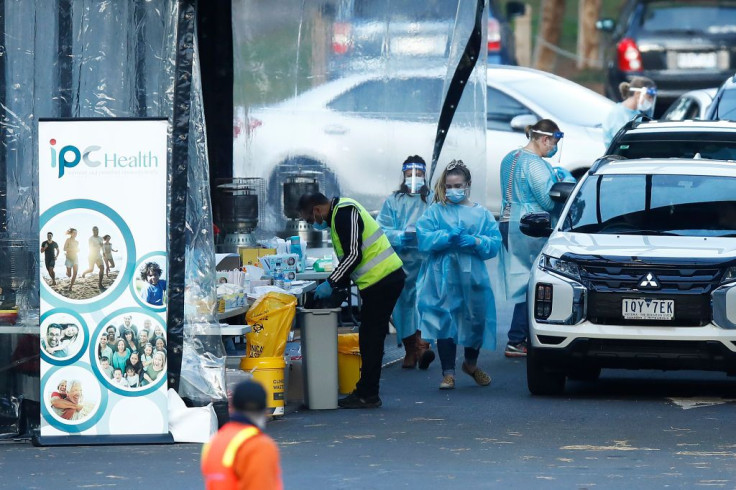
A recent finding by The COVID Trauma Response Working Group, led by University College London, points out to a rather distressing phenomenon among the chronically ill – post-traumatic stress disorder (PTSD).
The condition marked by frequent episodes of “nightmares, flashbacks, negative changes in thought processes and constantly feeling on edge” is commonplace among patients who were administered intensive care upon being infected by COVID-19. This is large because those who fell critically ill during the pandemic reportedly had “a very frightening and invasive experience”
“We need to make sure we support these patients,” said Psychiatrist Michael Bloomfield, who is part of the trauma response working group while speaking to a media outlet. “Services in place are very variable. Failure to do more could have long-term consequences,” he added.
The findings can be traced to the fact that over 100,000 people were hospitalized after being severely ill due to Covid-19. The research carried out by the group highlighted how a sizeable 30 percent of severely ill patients had developed PTSD.
While the resilience capacity of many patients is laudable, what needs to be noted is that there is a dire need of support for mental and emotional well-being.
“We are in the midst of the gravest global health crisis in living memory, which poses threats not only to physical health but also to mental health,” said the group in a statement, adding, “Despite the anticipated high rates of psychological trauma, people are resilient. Most people will cope and recover. We are concerned, however, that the necessary social measures implemented to reduce the physical spread of Covid-19 can interfere with many people’s usual coping mechanisms.”
Suggesting how NHS therapy has been sustained along with rapidly expanded community rehab services; an NHS spokesperson based out of England said, “Any COVID survivor who had to stay in hospital as they were treated for the illness will have a follow-up appointment with either their hospital team or their GP which will include a review on whether they need mental health support -- and anybody who thinks they would benefit from psychological treatment can refer themselves directly into mental health services without needing to see their GP.”
© 2025 Latin Times. All rights reserved. Do not reproduce without permission.




